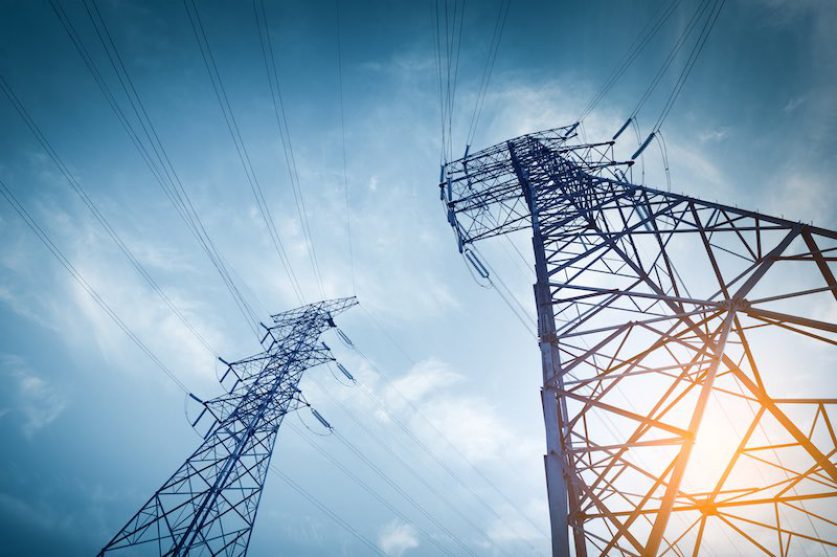
National Grid will lose its role in running Great Britain’s electricity grid to an independent body, which will better and more cheaply deliver the changes required for net zero, the government said.
Over the next few months, the Department of Business, Energy and Industrial Strategy (BEIS) and Ofgem will run a consultation on the creation of an impartial “Future System Operator” that will manage the electricity grid under a new governance framework.
The energy regulator recommended in January that National Grid should lose its role in managing the power system, arguing that an independent body would eliminate conflicts of interest and enable greater strategic planning and management of the grid as it accommodates new renewable generation and higher demand from electric vehicles and heating systems. It could also save energy billpayers between £400 million and £4.8 billion between 2022 and 2050, Ofgem said.
Ofgem chief executive Jonathan Brearley said in January: “Imagine you have 10 million electric cars on the system, and lots of renewable energy. You could manage this in two ways. One way is to build a much bigger and higher capacity network. Equally you could have a smarter and more efficient system that begins to shift the times that those different cars charge, which could be a lot cheaper overall for customers. Asking a company [National Grid] which builds networks to make that kind of trade-off is the sort of thing we’re concerned about in the future.”
The regulator and the government had already been attuned to potential conflicts of interest between National Grid’s role as the Electricity System Operator (ESO) and its other operations, including ownership of the physical power transmission cable network in England and Wales. An investigation into the matter in 2017 ended with Ofgem requiring National Grid to spin the ESO out from its other businesses. However, the operator remained under the ownership of the FTSE100-listed company.
With net-zero posing an “unprecedented challenge for our economy and society,” the need for an independent body, able to balance the electricity system and plan for its future needs, acting in a “joined up holistic way,” has become more pressing, the current consultant says.
The government is also consulting on giving the Future System Operator new technical roles and responsibilities in the electricity and gas systems, including planning and developing future energy networks, such as those for hydrogen, and increasing competition.
Under the plans, National Grid will retain real-time system operation of the gas network but will lose its role in strategic network planning, long-term forecasting and market strategy.
The ESO constitutes just a small part of National Grid’s value. Its revenues averaged £199 million, or 1.3%, of the group’s revenue, over the past five years. However, the management of the electricity system is a prestigious role, and National Grid is increasingly focusing on electricity. In March, it announced that it will offload a majority stake in its gas transmission business to fund the £7.8 billion purchase of Western Power Distribution, the UK’s largest electricity distribution network.
National Grid told The Times that it will work closely with BEIS and Ofgem on developing the role of a future system operator and on any related sale.




